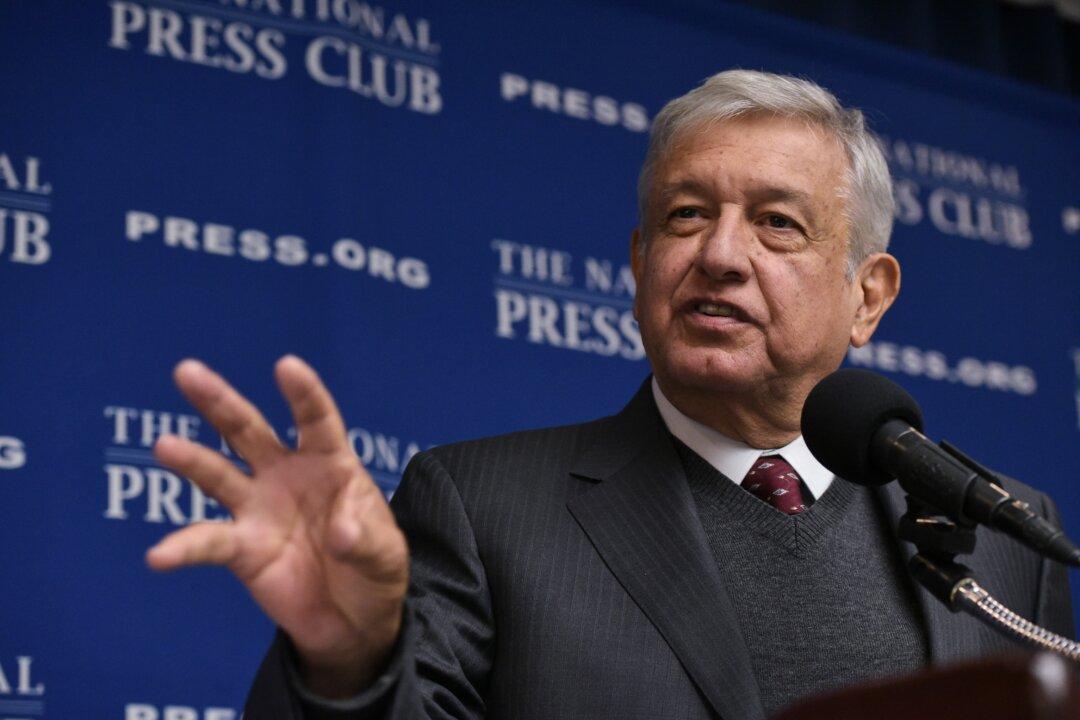Amid impending U.S. tariffs over border security, Mexico’s President Andrés Manuel López Obrador (AMLO) is calling for a rally in Tijuana on June 8.
“I am calling upon the people of Mexico, all sectors of all social classes, of all cultures, for a rally of unity in defense of the dignity of Mexico and in favor of friendship with the people of the United States,” AMLO said during a press conference on June 6.





